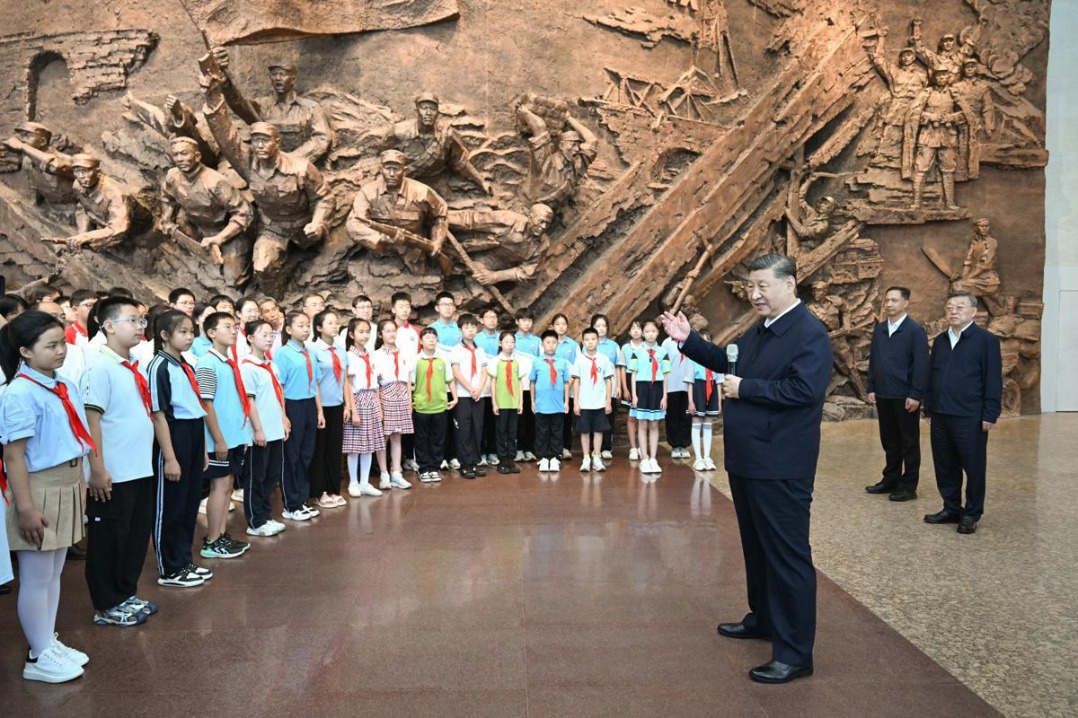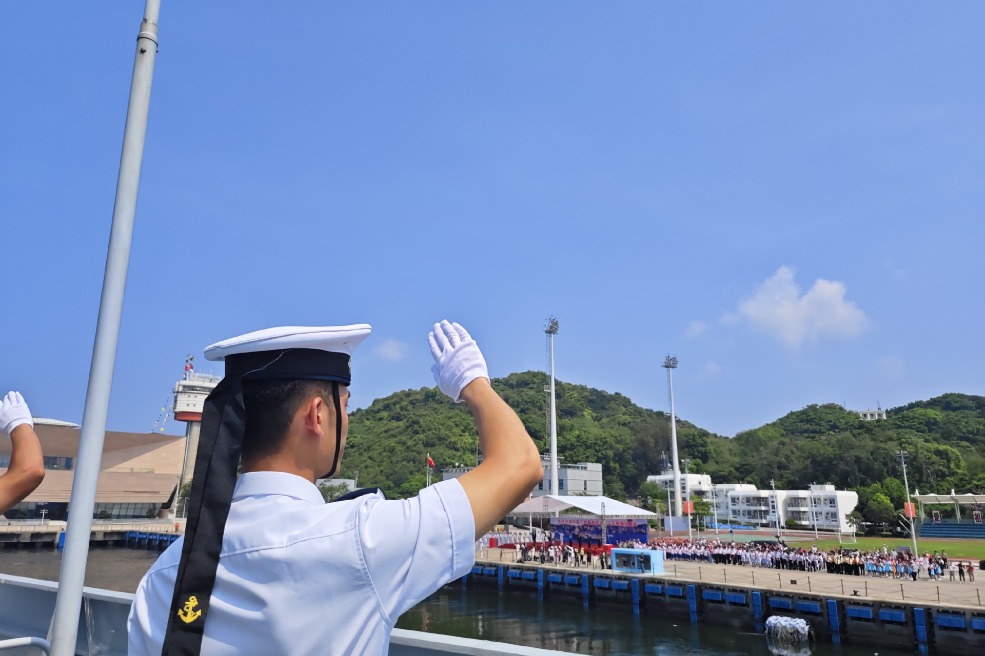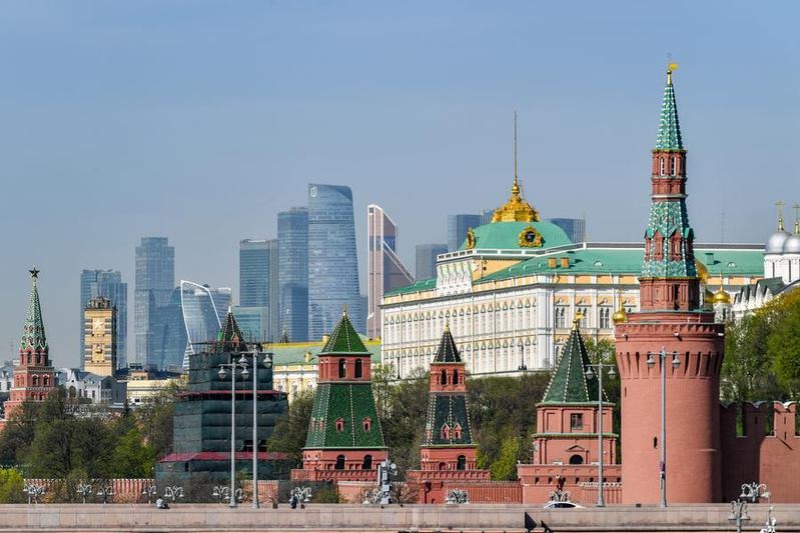Two sessions show how China's democracy works: China Daily editorial


The annual two sessions provide an opportunity for the world to better understand its whole-process people's democracy, which still seems to remain a mystery to some.
If anything, the annual sessions of the National People's Congress, the top legislature, and the National Committee of the Chinese People's Political Consultative Conference, the top political advisory body, are an occasion for the most pressing concerns of people and the country to be discussed.
Popularly known as the two sessions, the discussions that take place during these meetings give rise to shifts in policies or even the adoption of new policies should such be considered appropriate.
The concerns of the people are brought to the two sessions by the nearly 3,000 deputies to the NPC and more than 2,000 members of the National Committee of the CPPCC. The deputies who are elected to the NPC are responsible for listening to people's concerns in their constituencies and conducting fact-finding missions about specific problems. They then write motions, which are delivered to the NPC annual session for deliberation before measures to address them are adopted as national policies if deemed necessary.
The CPPCC National Committee session gathers political advisers from different fields including representatives from different religions, figures of non-Party affiliations and non-Communist political parties. They also conduct fact-finding missions concerning specific problems. They deliver their proposals to the annual session of the CPPCC National Committee. The NPC has more than 4,700 contact points all over the country for people to voice their concerns. And there are more than 220,000 contact points for people to contact local NPC deputies to voice their concerns about any problem they believe that should be addressed through the adjustment of either local or central government policies.
There are also online channels for people to voice their concerns or put forward suggestions about legislation and other matters.
Looking at the annual two sessions, it is not difficult to see that the smooth communication channels of different types have made it possible for the central authorities to get to know the will of the people. They also make it possible for people to voice their concerns to the top policymakers.
These communication channels guarantee that democracy is practiced throughout the entire process. As a result, the policies drawn up at the top level reflect the will of the majority of the people to the utmost. In this way, the status of the Chinese people as masters of the country is secured.
All these do not mean that the country's political system is perfect. There is always something to be desired when it comes to supervision over the exercising of power and the implementation of policies at different levels. But it is undeniable that China's whole-process people's democracy works well.

































